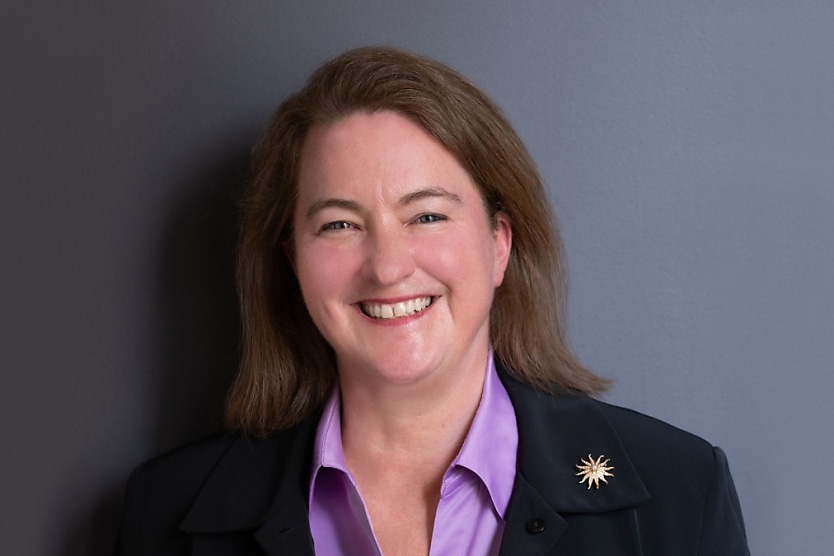New report shows sharp decrease in part-time work
SHARE THIS ARTICLE

The Workplace Gender Equality Agency (WGEA) has released a report highlighting the positive effect that flexible working arrangements have had on women throughout the Australian workplace, reinforcing the need for employers to incorporate such arrangements.
Today (Monday, 9 September), the ninth report in the Gender Equity Insights Series from the Bankwest Curtin Economics Centre (BCEC) and WGEA has highlighted the prominent labour shift among women workers – particularly in terms of the decline in part-time work, and the rise in flexible working arrangements.
The report identified a somewhat sharp decline in the number of Australian women participating in part-time work, which is down 3.2 percentage points to 29.7 from 2022–23. This, of course, has been the contrast of the rise in full-time roles with flexible working arrangements, which have increased by 2.3 percentage points to 42.5 per cent for the same period.
The report author and BCEC director, John Curtin Distinguished Professor Alan Duncan, said the ongoing re-evaluation of work is shifting the landscape, as more employees and employers are valuing flexibility and autonomy – which was originally catapulted by the COVID-19 pandemic.
“Driven by technological advancements, changing workforce demographics and the impact of the COVID-19 pandemic, the growing demand for flexible work options presents a significant opportunity for women to enhance their economic participation and career progression,” said Duncan.
“While these trends indicated a structural shift towards full-time employment and away from part-time work for many working women, the same isn’t true for men, where patterns of work between full-time, part-time and casual employment have remained mainly constant over the same three-year period.”
“Of those that are working part-time, a rising share of both women and men are choosing part-time workout of preference and fewer are citing care of children as the main reason for doing so. However, an increasing number of women are also turning to part-time work because it’s their only option.”
With child-care service prices through the roof, women are often having to disregard their career progression to take care of their children, highlighting a partly distressing factor in the decline in part-time employment.
“Women and men working part-time still face a promotion barrier due to the lack of flexible working arrangements and the capacity to work part-time as managers,” said WGEA chief executive Mary Wooldridge.
“Women are twice as likely to work part-time, so improvement in availability and support for part-time work will be a positive step for gender equality in Australia. Men also benefit from arrangements that better align with how, when and where they want to work.
“Enabling more management roles to be undertaken part-time and/or flexibly will expand employers’ access to a greater talent pool and support reducing their gender pay gap.”
For working parents, flexibility or part-time work can be a massive boost for what can be a stressful time. By offering their employees part-time or flexibility within their job roles, businesses can retain key workers throughout their organisation while incentivising talent to come on board.
At the same time, these avenues can be deliberate tools that can carve out a pathway towards improved workplace gender equality.
“By embracing flexible work practices and addressing the challenges associated with part-time employment, employers create a more equitable and supportive work environment for all employees,” said Wooldridge.
A call of action was given in the report, calling on employers to develop a plan that normalises the arrangement of both flexible and part-time work, thus working towards removing the “historical stigma” associated with career penalties in terms of pay and progression.
“The report shows that part-time work for women is less common in larger, male-dominated companies, but having women on company boards significantly increases part-time opportunities,” said co-author Dr Silvia Salazar from BCEC.
“Implementing policies on flexible work and conducting pay gap audits are crucial for promoting flexible work arrangements and advancing pay equity, particularly for female managers.”
“As part-time work decreases, more people prefer additional flexible work options. This trend presents an opportunity for employers to make these arrangements standard without harming employee experiences.”
RELATED TERMS
The term "gender pay gap" refers to the customarily higher average incomes and salaries that men receive over women.
Kace O'Neill
Kace O'Neill is a Graduate Journalist for HR Leader. Kace studied Media Communications and Maori studies at the University of Otago, he has a passion for sports and storytelling.

